Health Benefits of Dried Fruits and Its Side Effects
Stay Healthy
Choose Fruit Break as your daily serve
Stay Strong
Fruit Break - suggests to stay active and practice more
Be with US
Fruit Break - cares of their partners, choose us!
Dried Plums - Pitted Prunes
Best choise from Fruit Break
Dietary Fiber
A serving of five dried plums, or about 1/4 cup of pitted fruits, provides 3.5 grams of dietary fiber, or 14 percent of the daily value. Approximately 55 percent of the fiber in dried plums is the soluble type. By binding to cholesterol and promoting its excretion through waste, soluble fiber is an effective tool for normalizing and maintaining healthy cholesterol levels, which reduces the risk of heart disease. It also slows the rate at which digested food leaves the stomach, thereby contributing to satiety and keeping blood glucose levels under control. Because they also contain a considerable amount of insoluble fiber, dried plums are a traditional home remedy for the prevention and treatment of constipation. Insoluble fiber promotes the regular passing of larger, softer bowel movements.
Vitamins
A serving of five dried plums provides 36 percent of the daily value for vitamin K, a nutrient essential to blood coagulation and bone formation. Research indicates that getting adequate amounts of vitamin K in the diet can help older adults maintain strong bones, according to the book “Wellness Foods A to Z.” Dried plums are a significant source of vitamin A as well, supplying more than 7 percent of the nutrient’s daily value per serving of five fruits. In addition to promoting good vision in low light, vitamin A is integral to healthy immune system function and bone growth. Dried plums also provide appreciable amounts of the B vitamins thiamine, riboflavin and vitamin B-6, which are essential to the production of energy.
Minerals
Like many dried fruits, dried plums are high in potassium. Five dried plums provide 350 milligrams of potassium, or 10 percent of the daily value. As an electrolyte, potassium helps distribute and maintain balanced fluids throughout the body. It also helps regulate blood pressure and is needed for normal muscle contraction and nerve transmission. A serving of five dried plums also supplies about 7 percent each of the daily values for copper and manganese. Copper is part of several body proteins and is needed to form red blood cells and utilize iron stores. Manganese is involved in the formation and maintenance of bones. Dried plums contain smaller but appreciable amounts of magnesium phosphorus, iron and calcium, as well.
Antioxidants
In the mid-1990s, a team of researchers at Tufts University in Boston designed a test to measure the antioxidant capacity of foods. Scores were given in ORAC units, an acronym for “oxygen radical absorbance capacity.” Foods with high ORAC scores have more antioxidant potential than lower-scoring foods. Dried plums scored significantly higher than any other fresh or dried fruit or vegetable that was tested, according to “The Color Code,” a book about the benefits of colorful foods. The antioxidant content of dried plums is roughly twice that of raisins and fresh blueberries, four times that of fresh strawberries and six times that of fresh plums.
Dried Apricots
Best choise from Fruit Break
Description/Taste
Dried apricots are very successful at retaining and preserving their sweet flavor. In Latin apricot means "precocious," named because it ripens earlier in the season than most other fruits. Most apricots' fate is to be dried or otherwise processed. Despite going through the drying process apricots still maintain their rich orange to golden color and have a chewy texture.
Seasons/Availability
Dried apricots are available year-round.
Current Facts
A modern process using sulphur dioxide is the most frequently used method in preparing dried apricots. This process bleaches the fruit before it is dried, making it necessary to recolor the fruit with a dye. Naturally dried in the sun, apricots have a much finer flavor. Fortunately, a number of sources use the sun-drying process including South Australia and Turkey. Apricot leather is another product using dried apricot flesh in the form of thin sheets which has a highly concentrated flavor. Many apricot varieties and species exist, differing in flavor, color, and size. In the United States today 95% of apricots are grown in the California San Joaquin Valley.
Nutritional Value
Dried apricots are fat free, very low in sodium, cholesterol free, high in vitamin A and are a good source of potassium. One half cup of dried apricots has about 40 calories, 1 gram of protein and 9 carbohydrates.
Applications
Dried apricots are commonly eaten out of hand as a snack. Dried apricots can be added to desserts such as puddings, cookies, muffins, cakes, quick breads and other baked goods. To store, dried apricots must be keep tightly wrapped in plastic or placed in a covered container.
Ethnic/Cultural Info
Chinese cuisine, from at least the seventh century AD and on, preserved apricots not only by drying, but by salting and smoking. The black smoked apricots of Hupei have been well known for centuries.
Geography/History
Apricots were cultivated before 2000 BC, probably by the Chinese. Silk dealers spread this luscious fruit westward and it reached Persia by the first century BC. Rome and Greece were introduced to the apricot soon after. A member of the rose family, close relatives include the almond, plum, cherry and peach. Apricots are now grown in warmer temperate parts of the world. It requires highly specific climatic conditions because it ripens early. Apricots thrive in regions that have a fairly cold winter and moderately high temperatures in the spring and summer. A gardener of King Henry VIII brought the apricot to England from Italy in 1542. By the eighteenth century, successful growing of the fruit had been achieved, credited to Lord Anson at Moor Park in Hertfordshire. The Moor Park variety became famous in European countries and is still grown today. Regions of cultivation include a band that stretches from Turkey through Iran, the Himalayas to China and Japan; southern Europe and North Africa; South Africa, Australia and California.
Golden Raisins
Best choise from Fruit Break
Raisin is a small fruit that is packed with a lot of health benefits. You can start consuming raisin for increasing libido and sperm motility and is a known food for treating erectile dysfunction. The fruit is known for its laxative property.
Check out health benefits of eating raisins, this natural food that helps in curing and treating constipation. This is a fruit that old aged people can eat. The bloating and the high acidity effect that one experiences after eating heavy food are greatly reduced when raisins are consumed. People suffering from low blood levels and low production of red blood cells will benefit a lot if they have raisins.
Eating Raisins or kishmish is beneficial for pregnant women as well. The high antioxidant property of raisins makes them a hero in stopping infections and fever. The common cold is kept at bay when raisins are taken on a regular basis.
Many people also suffer from low energy levels can eat raisins which are good for releasing energy as they have high doses of carbohydrates. Hair growth and retention of hair shine are seen when raisins are consumed, and they are surely a healthy snack.
What is Raisins?
Fresh grapes that are seeded or unseeded are dried in the natural sunlight, and the moisture content is kept at 16% of the content to make raisin. Raisins are found beneficial than candies and surely benefit children. The dried raisins are available in black color, golden color, yellow color and green color. Raisins can be taken raw or can be added while cooking. Even dried raisins is used in cakes for toppings. They are used in cookies, puddings, and desserts as an ingredient for added taste.
Nutritional Value of Raisins Per 100 Gm
Raisins or Kishmish are a rich source of energy, vitamins, minerals, and electrolytes. The nutritional value of 100 grams raisins includes 249 calories of energy and is helpful for people, who need more energy. The fiber content of raisins is high as compared to grapes and is considered a natural laxative. The energy levels offered by raisins are high, and they are used in health tonics.
Adventure sports lovers use raisins in their daily diet. The nutrition level of carbohydrate as per RDA is 61%, and raisins have a low level of fat. The level of potassium is 26%, copper is 16% and manganese is 16%. Thiamin and riboflavin nutrition level are 7% each and vitamins are 86% of the total content of raisins.
Raisins Acts as Natural Laxative
Raisins or kishmish are known to have good laxative properties and are found to facilitate bowel movement. People suffering from chronic constipation will benefit, if they take some raisins daily, especially at night before bed. Good bowel movement would reduce chances of getting colon cancer.
Raisins Good for Bloating & Acidity
Raisins contains a high level of potassium and magnesium and are found to reduce acidity. The feeling of bloating is also reduced when a person has raisins daily, and this natural medicine is better than antacids that one buys from medical stores. The toxic level in the blood that leads to gas condition or bloating is reduced, and health issues such as boils and skin diseases are kept at bay.
Raisins Good for Anemia
Raisins have a high amount of vitamins and iron content that help in reducing anemia, and copper content in raisins helps in the production of red cells. Regular intake of raisins helps in wound healing, and also speeds up blood clotting when a wound occur.
Raisins Acts as antioxidants
Viral and bacterial infections like fever and common cold are kept at bay, when dry raisins are taken regularly. Raisins get high antioxidant properties due to a high level of phenolic phytochemicals. Polyphenolic antioxidants like catechins are more in raisins, and this helps in the prevention of cancer forming radicals inside the body. The prevention of the formation of free radicals inside the body also helps in attaining good eye health, improving the eyesight and in keeping eyes clean.
Raisins for Tooth Decay
Oleanolic acid is present in raisins, and this helps in the prevention of Tooth decay. Raisins also helps in keeping the teeth clean and healthy by removing germs. Cavities are formed inside the teeth due to the growth of bacteria like Porphyromonas gingivalis, and Streptococcus mutans. Raisins help to control formation of these bacteria. Raisins are rich in calcium that help in the prevention of peeling of teeth. Boron is present in raisins, and this helps in teeth whitening as well.
Raisins Treats Infertility
Natural sugars are abundant in raisins, and this helps in releasing loads of energy. Raisins are good for releasing energy for sex and are useful in treating erectile dysfunction in men. Raisins are good for improved blood circulation and are a natural aphrodisiac. Raisins have arginine, and it helps in improving sperm motility and would help in treating infertility.
Raisins for Skin Care
Skin will benefit if one takes the good quality of raisins as the effect takes place inside the body. The skin cells are prevented from being damaged and would help in the prevention of the forming of wrinkles and so on. The sagging skin seen in aged people can be prevented, if one consumes raisins daily.
The presence of resveratrol helps in removing toxic cells from the blood and helps in purifying the blood too. Raisins used in skin whitening and lightening treatment, The skin is nourished and becomes shiny, and conditions like psoriasis are kept in check when raisins are taken regularly.
Raisins for Healthy Hair
Raisins help in maintaining shiny hair, and regular intake would help in keeping hair healthy. It facilitates hair growth and hair follicle cells are improved on having raisins regularly.
Black raisins useful for hair loss problem, absorption of vitamin C inside the body would help in preventing scalp inflammation and prevent cell damage. Conditions like dandruff, flakiness and scalp itchiness can also be prevented by regular consumption of this raisins fruit.
Raisins Good for Sleep
People suffering from inadequate sleep or insomania can take raisins. They are also known to reduce hypertension. The stress levels of the body are reduced when raisins are taken on a regular basis, and this helps in ensuring that right mental strength is attained for good sleep. Sodium is absent in raisins and potassium is present in large quantities, making raisins a good healthy snack.
Raisins Regulate cholesterol Levels
Cholesterol that is good is increased, and low cholesterol is kept in control, when raisins are taken on a regular basis. This ensures that heart health is improved and would help in the prevention of forming of a blood clot that leads to heart attacks.
Raisins Pevent Kidney Stones
Raisins prevent the formation of kidney stones and when combined with physical exercise would ensure that weight is managed well.
Raisins Good for Diabetes Patients
Raisins are a good source of preventing weight gain as they have low-fat content. They are known as one of the best foods that can be taken as a snack. A good snack for Type 2 diabetic patients, as the glycemic index of raisins are moderate.
Uses of Raisins
Properly stored fresh raisins can be taken raw and can be used in cooking. Dry fruits like almonds and dates can be used along with raisins. Some have raisins by boiling it with milk. Raisins used with warm milk, should be the seedless ones. Raisins can be sprinkled on top of oatmeal, and this would offer a healthy start in the morning. One can add raisins to chicken curry and make it healthier. Dried raisins are used as salad in some cuisines, and they go well with all types of baked foods. Muffins, jams, jellies, puddings, cakes and biscuits are some of the items in which raisins are sprinkled.
Raisins Side-Effects & Allergies
Some people develop allergies to grapes and raisins. While some others develop wheezing problems or breathing problems, and there are people with carbohydrate overload. Few side effects found in people consuming raisins are vominiting, diarrhoea and fever
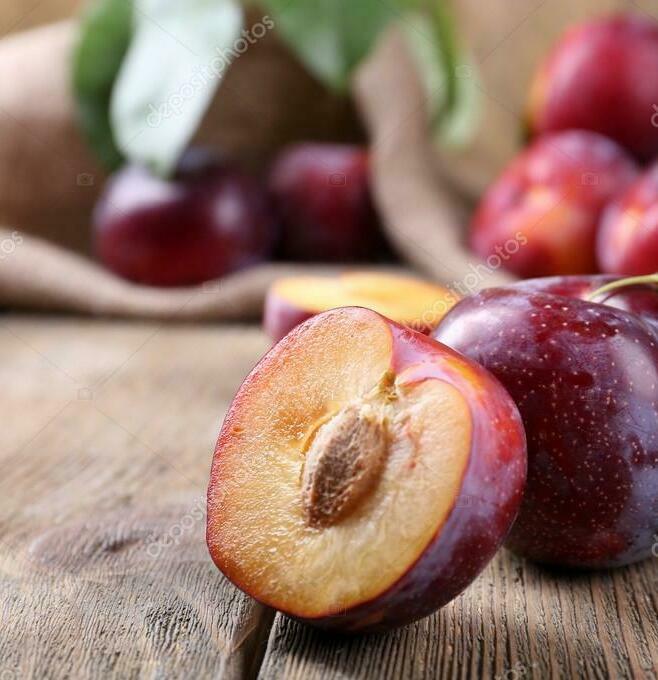
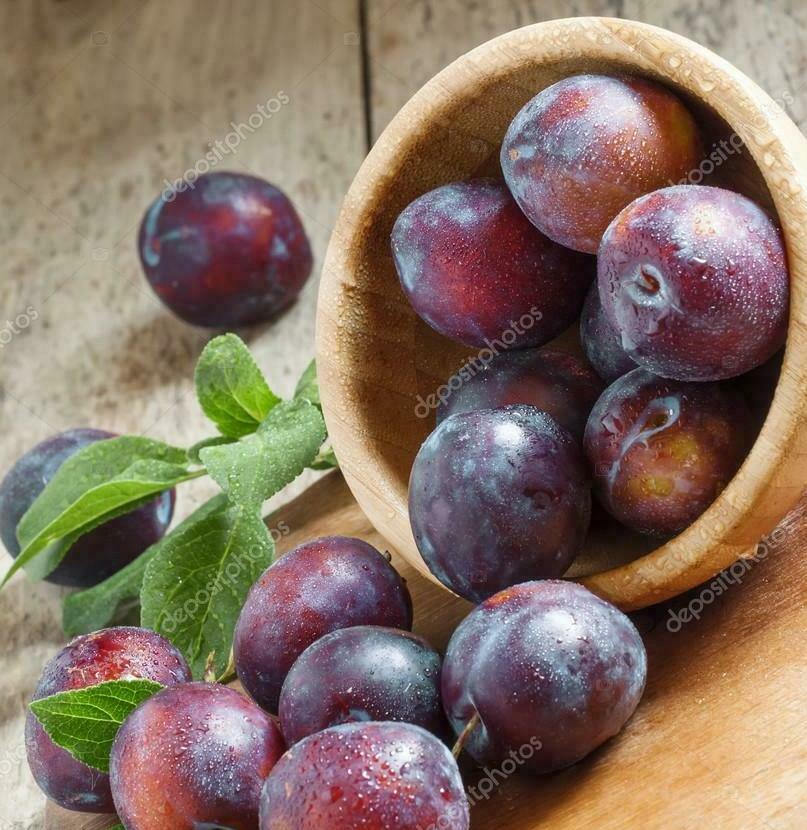
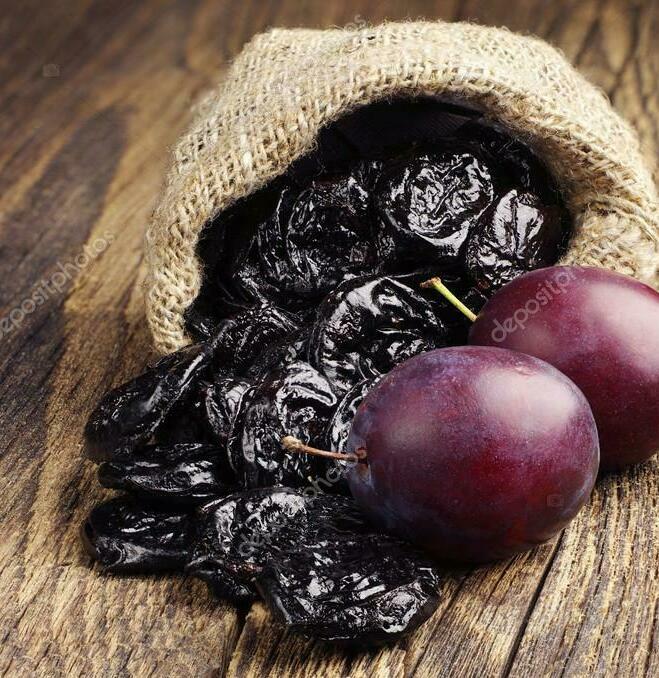
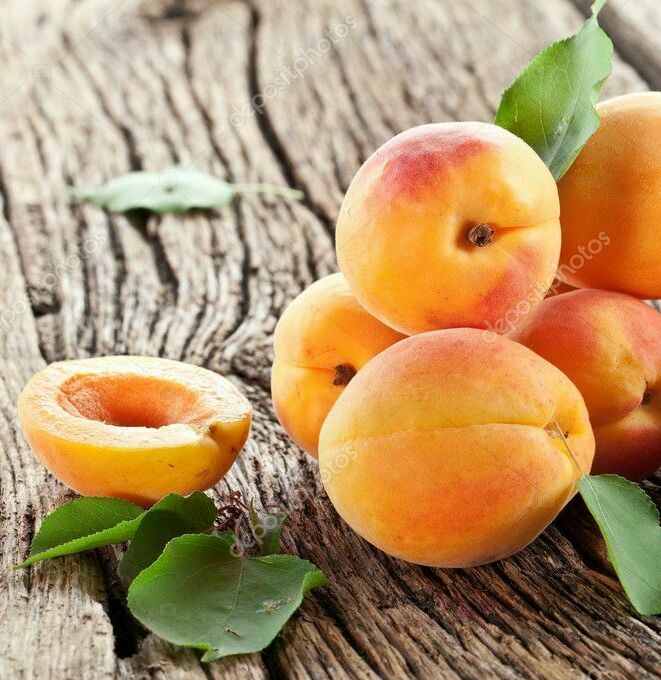

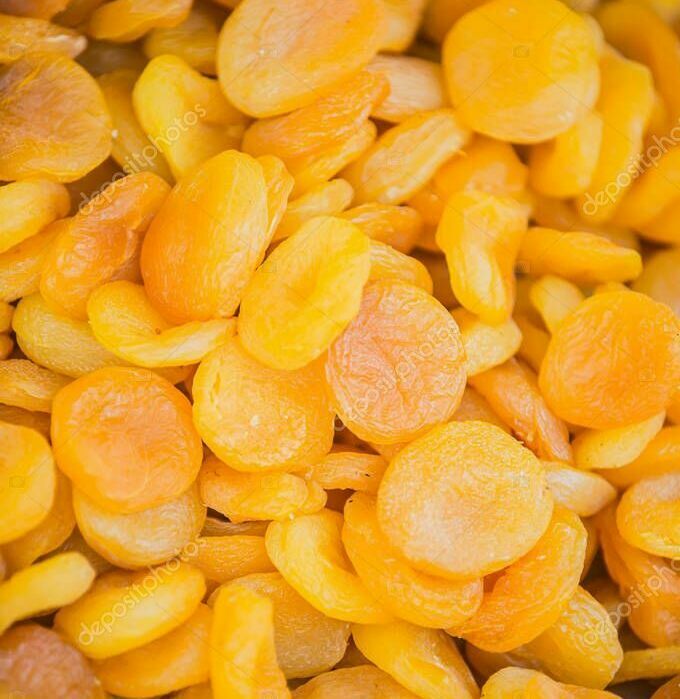
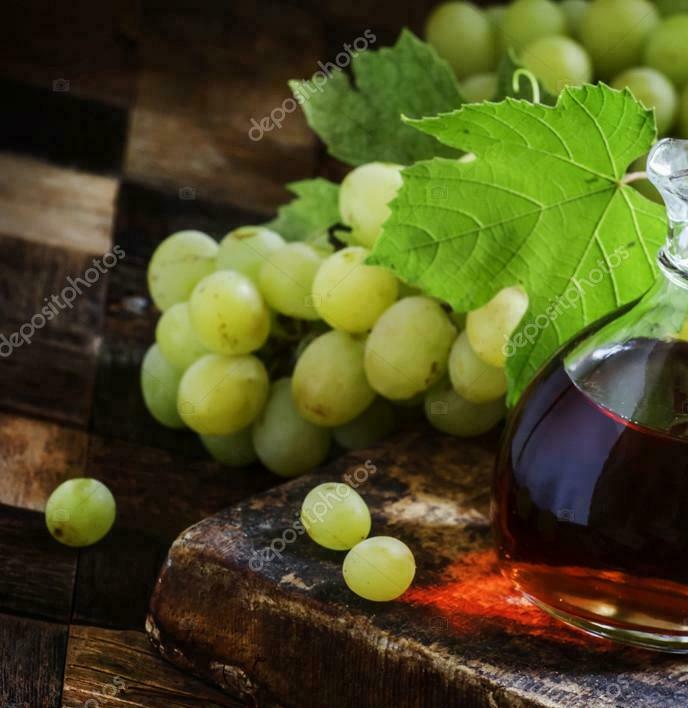
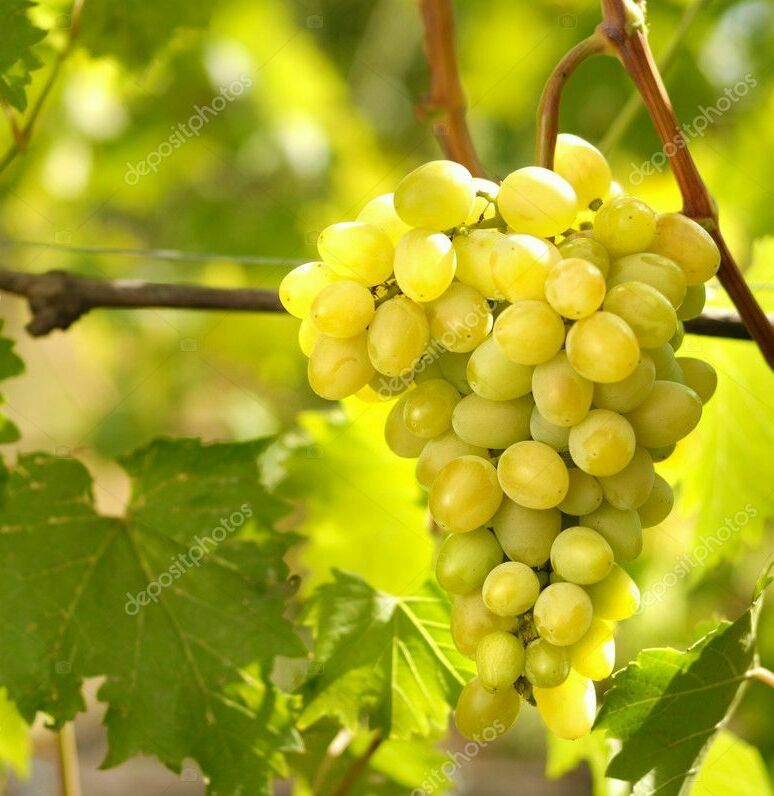
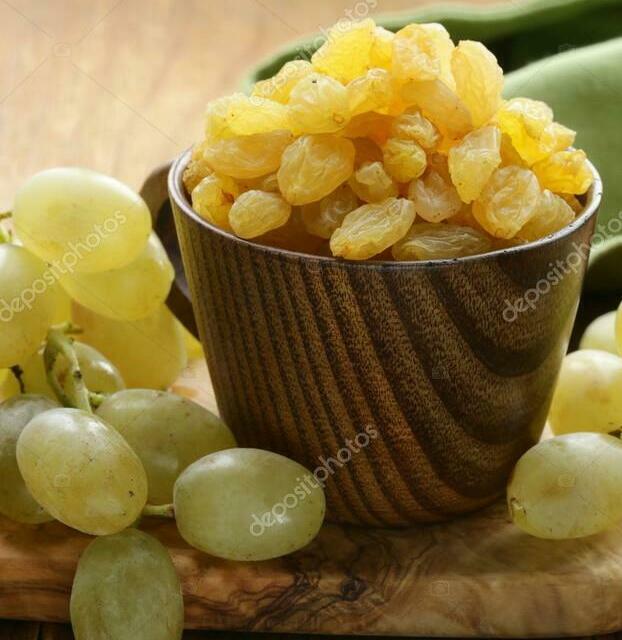
Contacts
Tel: +373 (69) 51-27-54
Address: Republic of Moldova, Chisinau, Dacia 65/21, 15, MD 2026
Email: info@fruitbreak.md, export@fruitbreak.md